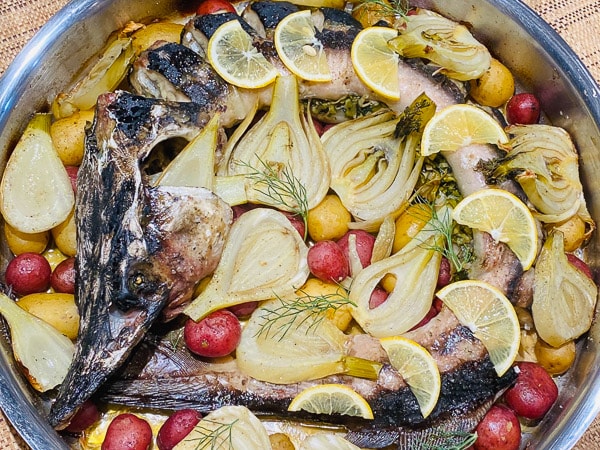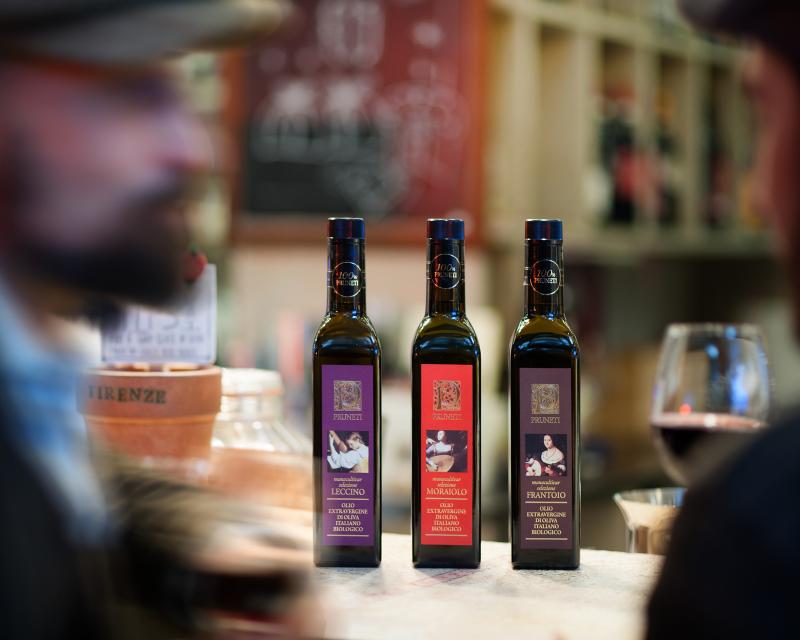From Vine to Table: Exploring the World of Artisanal Vinegars
Artisanal vinegars have made a distinctive mark on the culinary scene, providing a hint of sophistication and depth to dishes worldwide. Far from the common household white or apple cider vinegars, these specialty products offer a symphony of flavors and aromas that can transform even the simplest of meals into gourmet experiences. In this comprehensive guide, we'll delve into the intriguing world of artisanal vinegars, from their meticulous craft to their myriad uses in the kitchen. Let’s uncork the bottle and savor the journey from vine to table.
The Art of Crafting Artisanal Vinegars
Artisanal vinegars are not simply made; they are crafted. Using traditional methods passed down through generations, artisans ensure that each batch is a labor of love. This dedication begins with quality ingredients—impeccably fermented wines, fruits, and even honey serve as the foundation for some of the world's most prized vinegars. The transformation process from alcoholic beverages to vinegar happens through a careful fermentation that turns the ethanol into acetic acid, the primary component of all vinegars. These methods—often slower and more nuanced than large-scale vinegar production—result in a product that embodies the balance and complexity of its origins.
Varieties of Artisanal Vinegars

The world of artisanal vinegars is as diverse as it is flavorful. Here’s a look at some popular types:
- Red Wine Vinegar: Produced from the slow fermentation of red wine, this vinegar offers a rich, robust flavor perfect for dressings and reductions.
- White Wine Vinegar: Slightly more delicate than its red counterpart, white wine vinegar has a subtle fruitiness that enhances the flavors of a variety of dishes.
- Balsamic Vinegar: Arguably the most famous of the artisanal vinegars, true balsamic is aged for a minimum of 12 years, and often many more, in a series of wood barrels, each adding its own distinct quality to the final product. The result is a dense, sweet-tart vinegar that is a staple in fine Italian cuisines.
- Fruit-Infused Vinegars: These vinegars take on the essence of the fruit with which they are infused, offering a burst of fruity sweetness or tangy freshness that can elevate salads, desserts, and even cocktails.
Each type of vinegar within this artisanal category has its own unique personality, distinguished by the starting material, the fermentation process, and often, the aging technique.
Tasting and Pairing Artisanal Vinegars
Tasting artisanal vinegars is like sipping fine wines—there's a certain reverence and ritual to it. Start with a small amount in a specialized tasting glass or a small shot glass, and inhale the aroma. Let the vinegar touch various parts of your tongue, noticing how the flavor unfolds. Is it fruity? Woody? Complex or straightforward?
Once you've acquainted yourself with the vinegar's nuances, it's time to pair it with food. Strong, aged vinegars such as balsamic often find their way into meat marinades, mushroom sauces, or drizzled over strawberries and cream. Lighter white or fruit vinegars can brighten fish dishes, add zing to salsa, or create a refreshing beverage by mixing with sparkling water and a splash of syrup.
The Rise of Artisanal Vinegar Producers
The modern culinary world has seen a resurgence in small-batch, artisanal production, and vinegars are no exception. Craft vinegar producers are known for their attention to detail, using organic or locally sourced ingredients, and often experimenting with unique flavors and blends. These are not products of convenience but are carefully curated by crafters who understand the alchemy that turns wine or fruit into something so much more.
Notable artisanal vinegar brands have gained popularity for good reason. Whether it's for their innovative flavors or their commitment to sustainable and ethical practices, these brands have captured the hearts, and palates, of consumers seeking more from their culinary experiences.
The Benefits of Using Artisanal Vinegars
The utility of artisanal vinegars extends far beyond the culinary. Vinegar is known for its health-giving properties, from aiding digestion to regulating blood sugar levels. When it comes to cooking, artisanal vinegars are multi-talented. They can enhance the profile of any dish, balance sweetness, cut through richness, or add a depth of flavor that other condiments can't match.
Where to Find Artisanal Vinegars
Artisanal vinegars can often be found in specialty food stores, at farmers' markets, or directly from the producers themselves. But for the connoisseur who seeks the ultimate in selection and quality, online gourmet retailers like Marky's Gourmet offer an extensive array of artisanal vinegars from around the world. Such platforms ensure that you have access to the finest vinegars, regardless of where you are.
Artisanal Vinegar Honey Glaze

One of the many delights you can create with artisanal vinegars is a versatile Honey Glaze that's perfect for dressing up roasted vegetables, glazing meats, or adding a sweet and tangy touch to grilled fruits. Here's a simple recipe you can try at home:
Ingredients:
- 1/2 cup of balsamic vinegar (aged artisanal balsamic works best for a richer flavor)
- 1/4 cup of honey (raw and organic adds more depth)
- 1 tablespoon of Dijon mustard
- 1 clove of garlic, finely minced
- Salt and freshly ground black pepper to taste
Instructions:
- In a small saucepan, combine artisanal balsamic vinegar, honey, Dijon mustard, and minced garlic.
- Heat the mixture over a medium flame while stirring continuously to prevent burning.
- Once the mixture starts to boil, reduce heat to simmer. Allow it to thicken and reduce by about half, which should take around 10 minutes.
- Season with salt and freshly ground black pepper.
- Remove from heat and allow to cool slightly before using as a glaze on your chosen dish.
Drizzle this glaze over roasted Brussels sprouts or carrots for a side dish, brush it on baked chicken or pork in the last few minutes of cooking for a flavorful crust, or use it to finish a grilled peach dessert for a touch of elegance.
In Conclusion
Artisanal vinegars are a window to the past, a conduit for flavor, and a spectrum of nuance. By exploring the craftsmanship and taste profiles of these exceptional products, we invite complexity into our culinary experiences. Whether you find yourself drizzling a golden thread of balsamic over a creamy burrata or splashing a raspberry-infused vinegar over a summer salad, the story of the artisan is as much a part of the dish as the vinegar itself. So, let’s raise our spoons and celebrate this age-old elixir as it journeys from the vine to our tables.






